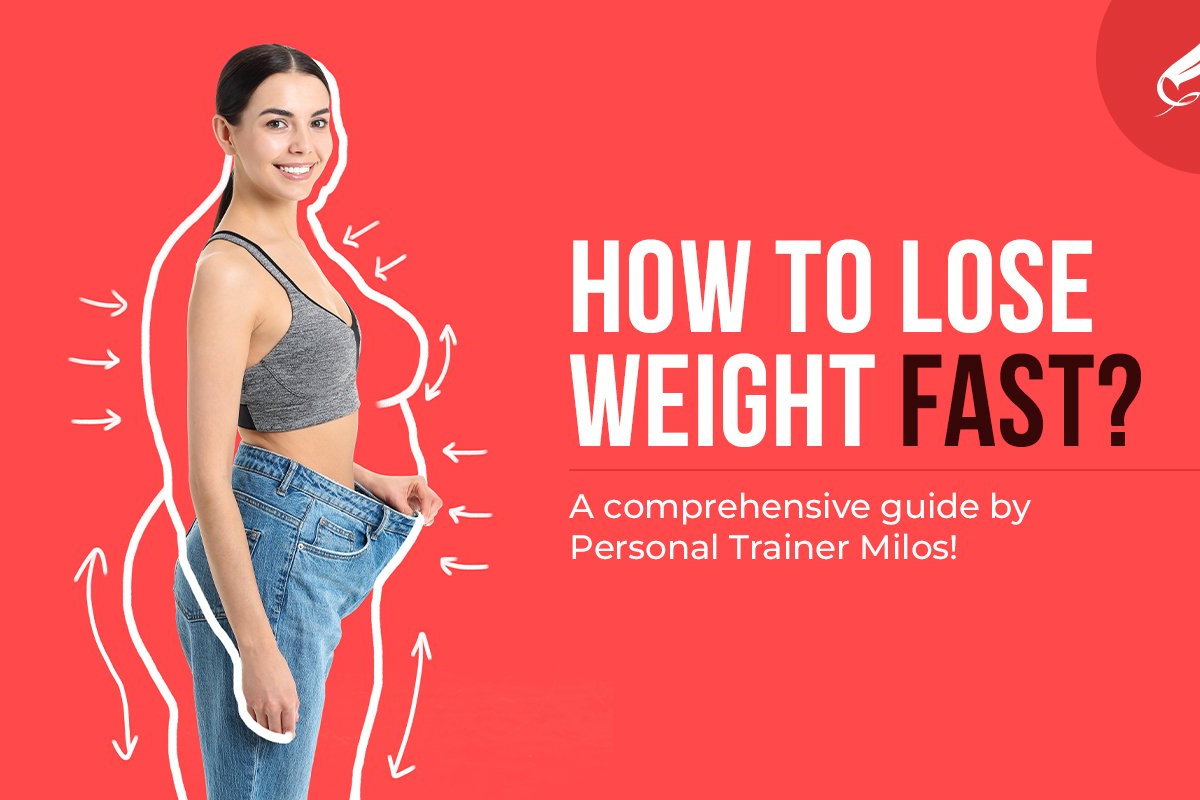Lose Weight Fast: Athletes in the United States Achieve Impressive Weight Loss Results
 In the world of sports and athletics, maintaining an optimal weight is a critical factor that directly influences performance. Athletes in the United States, driven by the need to excel in their respective fields, often find themselves on a journey to lose weight fast. This article explores the challenges faced by these dedicated individuals and how they manage to achieve impressive weight loss results while ensuring they remain at their peak physical condition.
In the world of sports and athletics, maintaining an optimal weight is a critical factor that directly influences performance. Athletes in the United States, driven by the need to excel in their respective fields, often find themselves on a journey to lose weight fast. This article explores the challenges faced by these dedicated individuals and how they manage to achieve impressive weight loss results while ensuring they remain at their peak physical condition.
Losing weight quickly is not only about aesthetics but also about improving athletic capabilities. Athletes understand that shedding excess pounds can lead to enhanced agility, speed, and endurance, giving them a competitive edge. This article will delve into the strategies employed by athletes in the United States to reach their weight loss goals without compromising their athletic prowess.
Challenges Faced by Athletes
Athletes pursuing fast weight loss confront unique challenges that set them apart from the average person trying to shed a few pounds. One of the primary obstacles is the necessity to maintain muscle mass while reducing body fat. Unlike traditional weight loss goals, where the focus is solely on fat loss, athletes must ensure that their strength and power are preserved during the process.
Moreover, athletes often operate under strict training schedules and dietary restrictions. Finding a balance between caloric intake and expenditure becomes a daily challenge. The pressure to meet performance standards while losing weight fast can lead to physical and mental strain.
To understand these challenges better, it’s essential to recognize that athletes’ bodies are finely tuned machines. They rely on a delicate equilibrium between muscle and fat to excel in their respective sports. Losing weight too quickly or excessively can disrupt this balance and hinder their athletic abilities.
Another challenge athletes face is the psychological aspect of weight loss. The constant scrutiny of body composition, the fear of underperforming, and the expectations placed upon them can lead to stress and anxiety. It’s not just about physical endurance but also mental resilience.
Despite these challenges, athletes are driven by their passion for their sport and their desire to achieve greatness. They embark on their weight loss journeys with determination and a commitment to excellence, pushing the boundaries of what’s possible in their athletic endeavors.
Effective Weight Loss Strategies
To achieve impressive weight loss results, athletes in the United States employ a range of effective strategies tailored to their specific needs. Nutrition plays a pivotal role, with athletes following carefully designed meal plans that provide essential nutrients while creating a caloric deficit. High-protein diets are common to support muscle preservation.
Nutritionists work closely with athletes to create meal plans that align with their energy needs and training schedules. These plans emphasize the importance of nutrient-dense foods, ensuring athletes receive the vitamins and minerals necessary for peak performance. While creating a caloric deficit is essential for weight loss, it is done thoughtfully to prevent muscle loss.
Workout routines are equally essential. Athletes engage in specialized training regimens that include cardio exercises, strength training, and flexibility exercises. These workouts are strategically planned to maximize fat burning while retaining muscle mass. Strength training, in particular, helps athletes build and maintain their muscle, contributing to their overall athletic performance.
Discipline is a key factor in athletes’ weight loss success. They adhere to rigorous training and dietary schedules, and they often work with coaches and nutritionists who help them stay on track. This level of commitment is essential, as even minor deviations from their plans can impact their performance and progress significantly.
Athletes also pay attention to hydration and recovery. Staying well-hydrated is essential for overall health and performance, while adequate rest and recovery allow their bodies to repair and adapt to the rigorous training demands.
Success Stories
The journey of athletes in the United States to lose weight fast and achieve impressive results is filled with inspiring success stories. These athletes, driven by determination and a relentless pursuit of excellence, have transformed their bodies while maintaining their athletic prowess.
One notable success story is that of Jessica Turner, a professional track and field athlete. Jessica faced the challenge of shedding excess weight to improve her sprinting performance. Through a combination of tailored nutrition, intensive sprint training, and mental focus, she not only achieved her weight loss goal but also set new personal records on the track. Her story serves as a testament to the power of dedication and the remarkable results athletes can achieve.
Another remarkable journey is that of Daniel Martinez, a mixed martial artist. Daniel needed to meet the weight requirement for his fighting division while preserving his strength and agility. With the guidance of his coach and a meticulous approach to diet and training, he not only made weight but also went on to win a championship fight. Daniel’s success illustrates how effective weight loss strategies can be harnessed to enhance athletic performance.
Before-and-after experiences of athletes showcase their remarkable achievements. From shedding excess pounds to sculpting lean and muscular physiques, their success stories inspire others in the athletic community to pursue their weight loss goals. These stories are not only a testament to the effectiveness of their strategies but also a reminder of the resilience and determination that define athletes’ character.
These success stories are more than just physical transformations; they represent the unwavering commitment that athletes in the United States demonstrate in their pursuit of excellence. Their achievements not only inspire their peers but also serve as a source of motivation for anyone striving to achieve impressive weight loss results while excelling in their respective sports.
 The Role of Professional Guidance
The Role of Professional Guidance
Professional guidance is a critical aspect of athletes’ weight loss journeys. Nutritionists and trainers play pivotal roles in creating personalized plans that align with an athlete’s sport, body type, and goals. Their expertise ensures that athletes achieve their weight loss targets safely and efficiently.
Nutritionists work closely with athletes to develop tailored meal plans that strike the delicate balance between caloric deficit and nutrient intake. These plans account for the athlete’s energy requirements, training schedule, and specific dietary needs. High-protein diets are often recommended to support muscle preservation, and nutrient-dense foods are prioritized.
Trainers design workout routines that optimize both weight loss and athletic performance. They understand the importance of maintaining muscle mass and tailor exercises accordingly. These workouts encompass a variety of training modalities, including cardiovascular exercises, strength training, and flexibility exercises. Each component of the workout plan is designed to contribute to the athlete’s overall fitness and weight loss goals.
The collaboration between athletes and their professional support team is essential. Coaches, nutritionists, and trainers work in synergy to create a holistic approach to weight loss. Regular assessments and adjustments to the athlete’s plan ensure that progress is tracked, and modifications are made as needed.
Athletes benefit not only from the expertise of their support team but also from the accountability and motivation provided by these professionals. The guidance they receive empowers them to stay on track, make informed choices, and achieve their weight loss goals while preserving their athletic capabilities.
Safety Considerations
While athletes are committed to achieving rapid weight loss, safety remains a top priority. Extreme and harmful methods, such as crash diets or excessive exercise, are discouraged. Athletes are educated on the importance of gradual and sustainable weight loss to minimize the risk of injuries and health complications.
One of the primary safety considerations for athletes is avoiding crash diets. These drastic and unsustainable eating plans can lead to severe muscle loss, nutrient deficiencies, and adverse health effects. Athletes are encouraged to prioritize balanced nutrition and gradual caloric reduction to maintain their strength and performance.
Another crucial aspect of safety is avoiding excessive exercise. Overtraining can lead to injuries, fatigue, and decreased performance. Athletes are guided to strike a balance between workouts and recovery, ensuring their bodies have time to heal and adapt to the physical demands.
Hydration is also emphasized to prevent dehydration and electrolyte imbalances, which can be especially concerning for athletes engaged in intense training while attempting to lose weight.
Athletes are educated about the importance of seeking professional guidance to monitor their progress and make necessary adjustments to their weight loss plans. Regular assessments by nutritionists and trainers ensure that the weight loss process remains safe and effective.
By prioritizing safety, athletes not only achieve their weight loss goals but also maintain their overall health. They can continue excelling in their sports for years to come, as they have developed sustainable habits that support both their athletic prowess and their well-being.
FAQs: Common Questions About Losing Weight Fast
- Can athletes maintain their strength while losing weight fast?
- Yes, with the right strategies and professional guidance, athletes can maintain their strength and even improve it during the weight loss process. The key is to prioritize proper nutrition, including adequate protein intake, and engage in targeted strength training exercises.
- Are crash diets recommended for fast weight loss among athletes?
- No, crash diets are not advisable for athletes. These extreme approaches can lead to muscle loss, decreased energy levels, and increased risk of injuries. Athletes should opt for sustainable and balanced nutrition plans that support their performance goals.
- How can athletes find a balance between calorie intake and expenditure?
- Athletes work closely with nutritionists to create a well-balanced meal plan that meets their energy needs while creating a caloric deficit for weight loss. This balance ensures that they lose weight gradually while preserving their strength and endurance.
- Is professional guidance essential for athletes’ weight loss success?
- Yes, professional guidance from nutritionists and trainers is crucial to ensure safe and effective weight loss while maintaining peak performance. These experts tailor plans to the athlete’s specific needs and monitor progress, making adjustments as necessary.
- What are some common pitfalls athletes should avoid in their weight loss journey?
- Athletes should avoid extreme diets, excessive exercise, and neglecting proper recovery, as these can hinder their progress and pose health risks. It’s important to strike a balance between weight loss goals and overall well-being.
